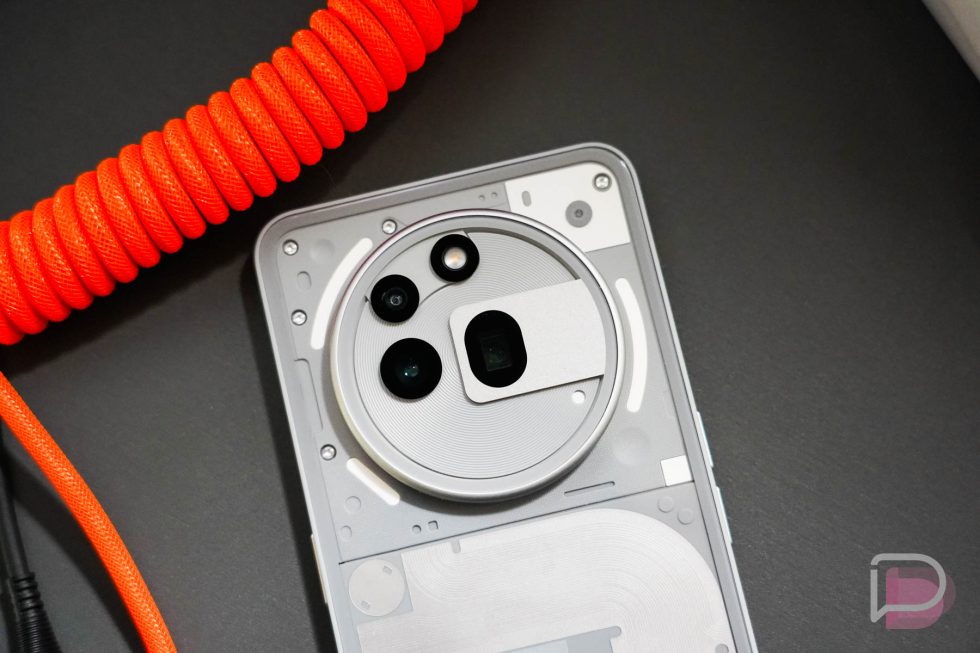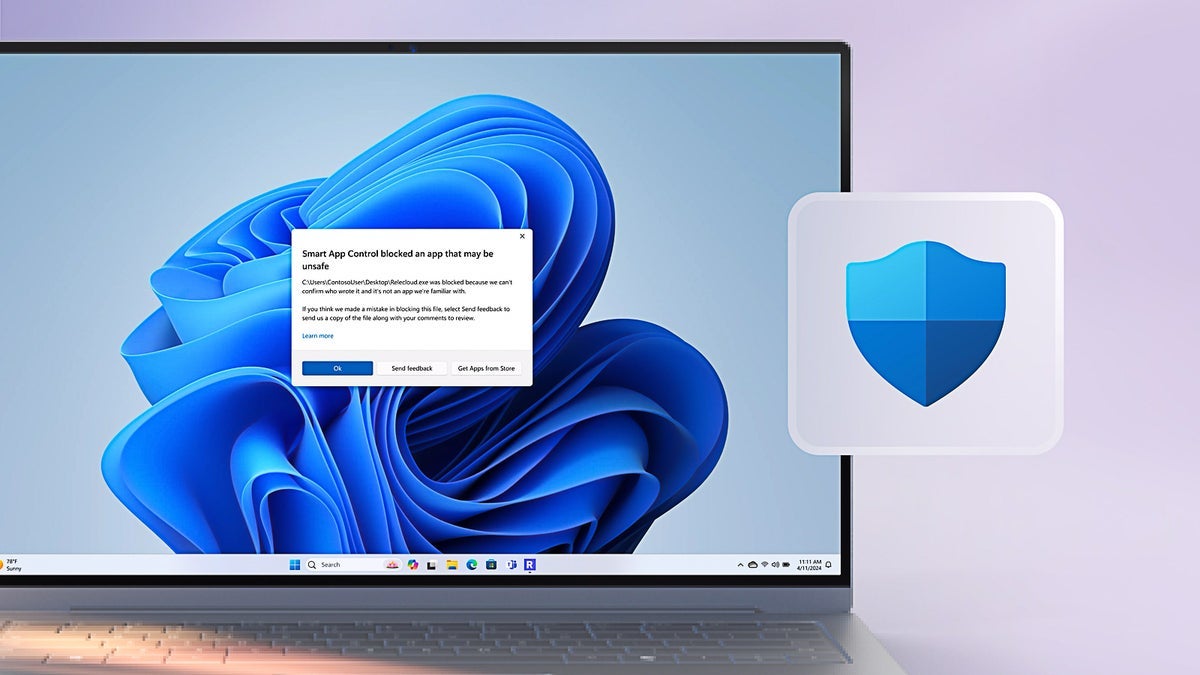AI Is Emerging as the UAE’s Next Economic Engine
While the United States and China are vying for dominance in the global AI race, the wealthy and increasingly influential United Arab Emirates (UAE) is quietly carving out a strategic foothold in the AI landscape. Instead of waiting for AI-driven industries to develop organically, the UAE is taking a proactive approach by accelerating the creation of an AI-powered economy. Through strategic investments, policy initiatives, and facilitating cutting-edge research, the nation aims to position itself as the world's next technological hub. The UAE government has identified AI as a critical opportunity to diversify its economy for a post-oil future in line with global climate pledges, and it has not been shy to share its ambition to become a global leader in AI. “We want the UAE to become the world’s most prepared country for artificial intelligence,” emphasizes His Highness Sheikh Mohammed bin Rashid Al Maktoum, Vice President and Prime Minister and Ruler of Dubai, UAE. In 2017, it became the first country in the world to appoint an AI minister, demonstrating its commitment to shaping the future of technology. That same year, at the launch of the UAE's National Strategy for AI, Sheikh Maktoum emphasized the nation's commitment to innovation, stating, “We initiated electronic services 16 years ago, and today we are launching a fresh stage relying on AI. We are seeking to adopt all tools and methodologies related to Artificial Intelligence to expedite and ensure more efficiency for government services at all levels.” Central to the UAE’s National AI Strategy 2031 is the MGX fund - a $100 billion AI-focused initiative launched by Abu Dhabi’s sovereign wealth fund, Mubadala, and AI company G42. The primary goal of this investment vehicle is to drive AI-driven economic growth, aiming to account for 20% of the UAE’s non-oil GDP by 2031. The three key focus areas include AI infrastructure, semiconductors, and AI core technologies and applications. The plan for AI infrastructure includes everything from expanding data centers to strengthening connectivity. Investments in semiconductors will focus on designing and manufacturing logic and memory chips, ensuring a solid foundation for AI-driven computing. Meanwhile, advancements in AI models and robotics will push technology forward, shaping how AI is applied across industries. “In MGX, we are establishing a UAE national champion focused on AI and advanced technologies that will shape a future where technology enables a more prosperous, sustainable, and interconnected world,” Sheikh Tahnoun bin Zayed Al Nahyan, deputy ruler of Abu Dhabi and chair of the AIATC, said in a statement. “Our singular focus is accelerating AI’s responsible and inclusive development for the benefit of humanity, guided by Abu Dhabi’s global investment strategy for artificial intelligence.” By 2030, PwC projects that AI will add $320 billion to the Middle East economy. The UAE is expected to experience the most significant growth, with AI accounting for nearly 14% of the nation’s GDP, roughly $97 billion. U.S. tech companies are increasingly drawn to the UAE’s AI ambitions, viewing the nation as both a strategic partner and a launchpad for global AI expansion. In April 2024, Microsoft invested $1.5 billion in G42. For the UAE, this deal validates their position as a serious player in the global AI area. For Microsoft, it strengthens its foothold in an emerging AI hub with ambitious infrastructure and political buy-in. The Microsoft-G42 deal also strengthens U.S. influence in the region. The UAE is strategically positioning itself as a neutral AI hub, attracting investment from both Western and Eastern players. However, if the Gulf nation wants to continue building its technological ties with the U.S., it may have to “decouple” from China. It won’t be easy, as the UAE has maintained deep economic and diplomatic ties with China, including partnerships in 5G, telecom, energy, and trade. In 2022, the Technology Innovation Institute (TII) in Abu Dhabi developed the country’s first large language model, named Falcon LLM. The most advanced model in the series is the Falcon 180B, which features 180 billion parameters and was trained on 3.5 trillion tokens. The UAE is using AI to draft, review, and amend laws, making it the first country to integrate artificial intelligence into policymaking. The initiative, led by the Regulatory Intelligence Office, aims to speed up the legislative process by 70%. Education in UAE is also changing, with AI set to become a formal subject in public schools from this year. The curriculum will span kindergarten through Grade 12 and cover data analysis, algorithms, ethical considerations, and real-world applications. Officials say this will prepare students for an AI-driven economy. However, success will depend on many factors, including implementation and student engagement. UAE is undertaking major steps to transition from an oil-based economy to a growing hub for AI

While the United States and China are vying for dominance in the global AI race, the wealthy and increasingly influential United Arab Emirates (UAE) is quietly carving out a strategic foothold in the AI landscape.
Instead of waiting for AI-driven industries to develop organically, the UAE is taking a proactive approach by accelerating the creation of an AI-powered economy. Through strategic investments, policy initiatives, and facilitating cutting-edge research, the nation aims to position itself as the world's next technological hub.
The UAE government has identified AI as a critical opportunity to diversify its economy for a post-oil future in line with global climate pledges, and it has not been shy to share its ambition to become a global leader in AI.
“We want the UAE to become the world’s most prepared country for artificial intelligence,” emphasizes His Highness Sheikh Mohammed bin Rashid Al Maktoum, Vice President and Prime Minister and Ruler of Dubai, UAE.
In 2017, it became the first country in the world to appoint an AI minister, demonstrating its commitment to shaping the future of technology. That same year, at the launch of the UAE's National Strategy for AI, Sheikh Maktoum emphasized the nation's commitment to innovation, stating, “We initiated electronic services 16 years ago, and today we are launching a fresh stage relying on AI. We are seeking to adopt all tools and methodologies related to Artificial Intelligence to expedite and ensure more efficiency for government services at all levels.”
Central to the UAE’s National AI Strategy 2031 is the MGX fund - a $100 billion AI-focused initiative launched by Abu Dhabi’s sovereign wealth fund, Mubadala, and AI company G42. The primary goal of this investment vehicle is to drive AI-driven economic growth, aiming to account for 20% of the UAE’s non-oil GDP by 2031. The three key focus areas include AI infrastructure, semiconductors, and AI core technologies and applications.
The plan for AI infrastructure includes everything from expanding data centers to strengthening connectivity. Investments in semiconductors will focus on designing and manufacturing logic and memory chips, ensuring a solid foundation for AI-driven computing. Meanwhile, advancements in AI models and robotics will push technology forward, shaping how AI is applied across industries.
“In MGX, we are establishing a UAE national champion focused on AI and advanced technologies that will shape a future where technology enables a more prosperous, sustainable, and interconnected world,” Sheikh Tahnoun bin Zayed Al Nahyan, deputy ruler of Abu Dhabi and chair of the AIATC, said in a statement. “Our singular focus is accelerating AI’s responsible and inclusive development for the benefit of humanity, guided by Abu Dhabi’s global investment strategy for artificial intelligence.”
By 2030, PwC projects that AI will add $320 billion to the Middle East economy. The UAE is expected to experience the most significant growth, with AI accounting for nearly 14% of the nation’s GDP, roughly $97 billion.
U.S. tech companies are increasingly drawn to the UAE’s AI ambitions, viewing the nation as both a strategic partner and a launchpad for global AI expansion.
In April 2024, Microsoft invested $1.5 billion in G42. For the UAE, this deal validates their position as a serious player in the global AI area. For Microsoft, it strengthens its foothold in an emerging AI hub with ambitious infrastructure and political buy-in.
The Microsoft-G42 deal also strengthens U.S. influence in the region. The UAE is strategically positioning itself as a neutral AI hub, attracting investment from both Western and Eastern players. However, if the Gulf nation wants to continue building its technological ties with the U.S., it may have to “decouple” from China. It won’t be easy, as the UAE has maintained deep economic and diplomatic ties with China, including partnerships in 5G, telecom, energy, and trade.
In 2022, the Technology Innovation Institute (TII) in Abu Dhabi developed the country’s first large language model, named Falcon LLM. The most advanced model in the series is the Falcon 180B, which features 180 billion parameters and was trained on 3.5 trillion tokens.
The UAE is using AI to draft, review, and amend laws, making it the first country to integrate artificial intelligence into policymaking. The initiative, led by the Regulatory Intelligence Office, aims to speed up the legislative process by 70%.
Education in UAE is also changing, with AI set to become a formal subject in public schools from this year. The curriculum will span kindergarten through Grade 12 and cover data analysis, algorithms, ethical considerations, and real-world applications. Officials say this will prepare students for an AI-driven economy. However, success will depend on many factors, including implementation and student engagement.
UAE is undertaking major steps to transition from an oil-based economy to a growing hub for AI, investing in technology and forming key global partnerships. It’s building both infrastructure and influence, showing how a smaller country can contribute to the global AI landscape.
We know the UAE attracts international investors, but it would be interesting to see how it tackles deeper challenges like developing local talent and reducing reliance on foreign partnerships to achieve its AI ambitions.









































































































































































![[The AI Show Episode 156]: AI Answers - Data Privacy, AI Roadmaps, Regulated Industries, Selling AI to the C-Suite & Change Management](https://www.marketingaiinstitute.com/hubfs/ep%20156%20cover.png)
![[The AI Show Episode 155]: The New Jobs AI Will Create, Amazon CEO: AI Will Cut Jobs, Your Brain on ChatGPT, Possible OpenAI-Microsoft Breakup & Veo 3 IP Issues](https://www.marketingaiinstitute.com/hubfs/ep%20155%20cover.png)

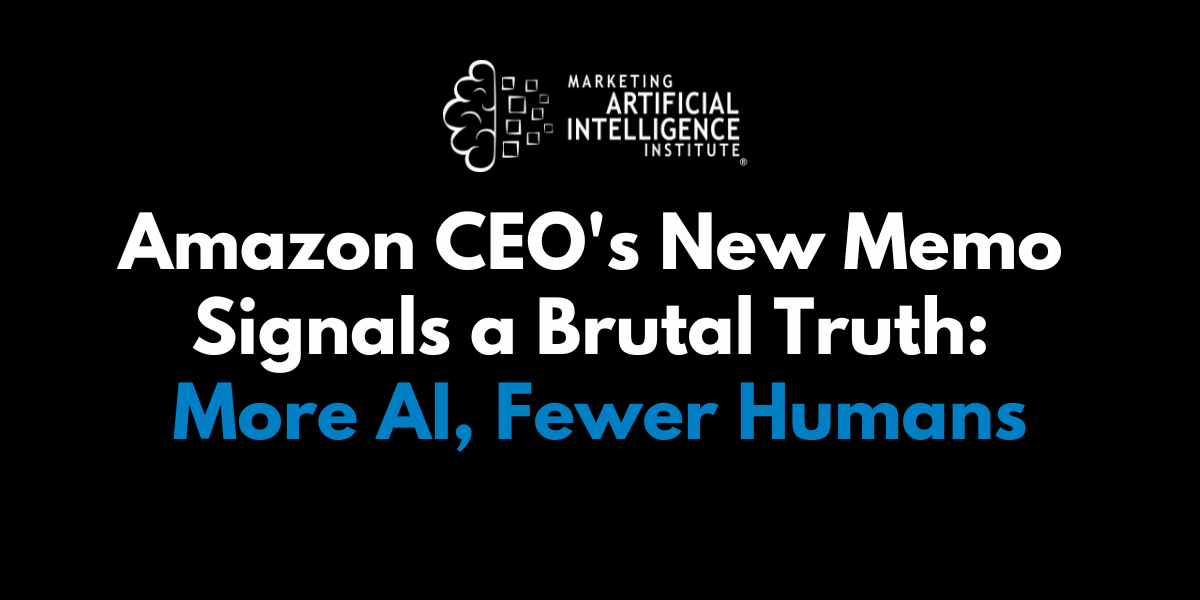





















































































































![[DEALS] 1min.AI: Lifetime Subscription (82% off) & Other Deals Up To 98% Off – Offers End Soon!](https://www.javacodegeeks.com/wp-content/uploads/2012/12/jcg-logo.jpg)









































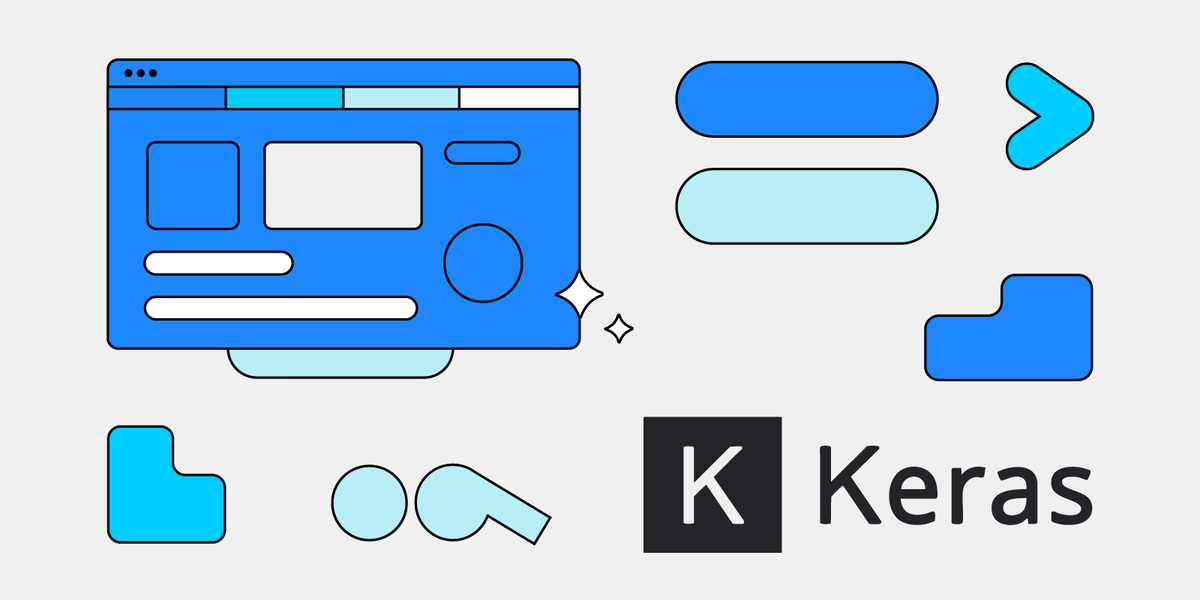























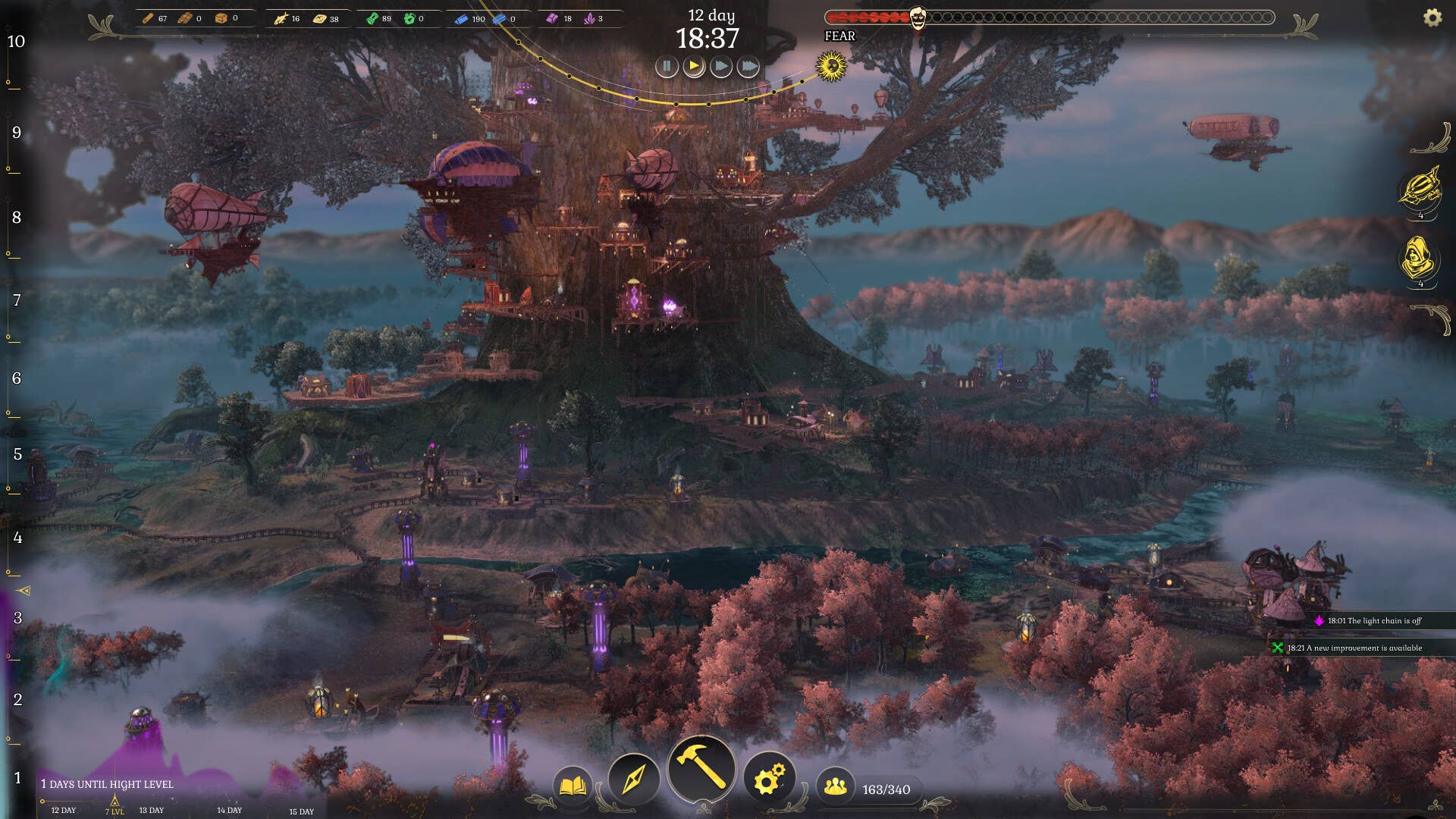




















































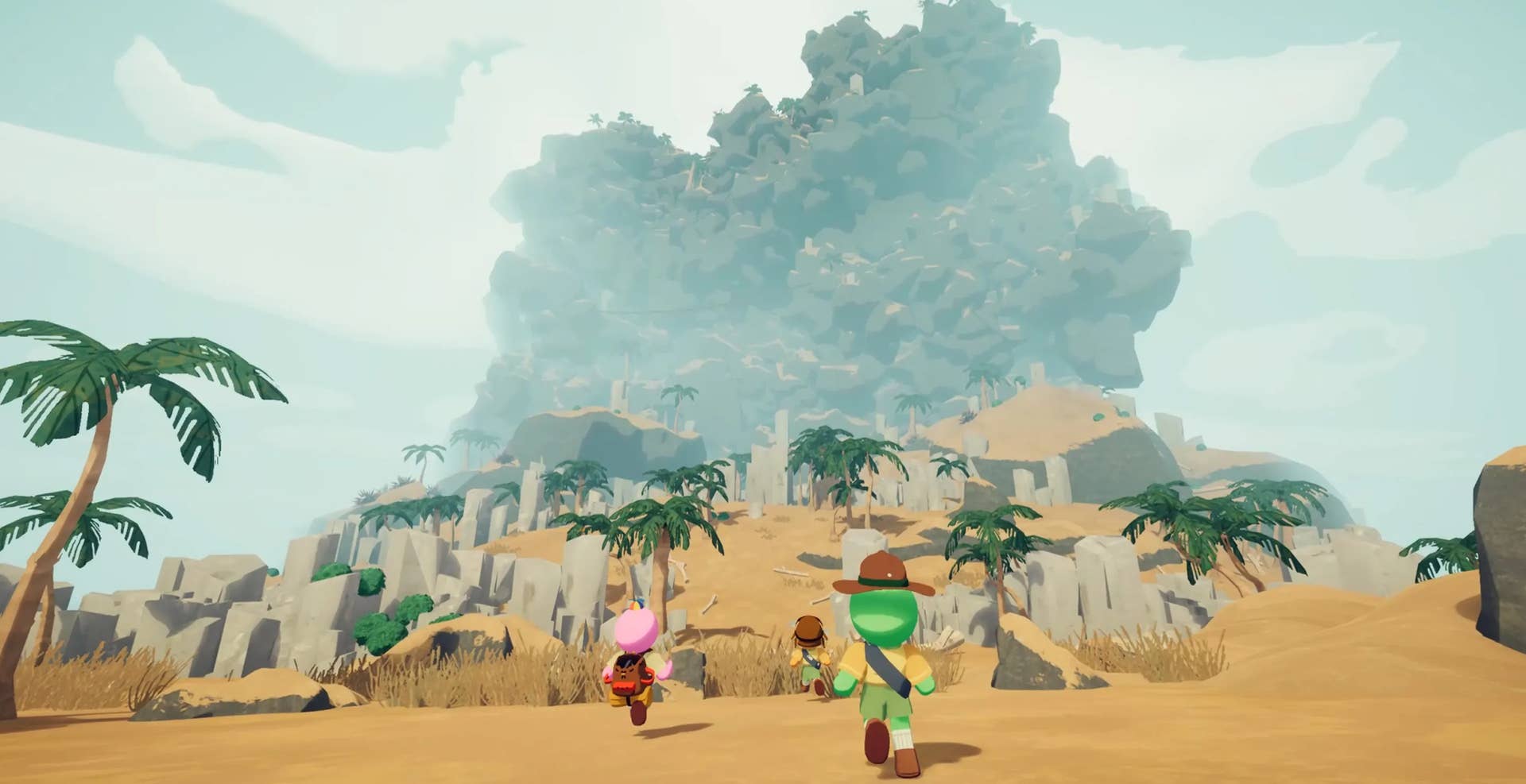























_incamerastock_Alamy.jpg?width=1280&auto=webp&quality=80&disable=upscale#)
_Brain_light_Alamy.jpg?width=1280&auto=webp&quality=80&disable=upscale#)









































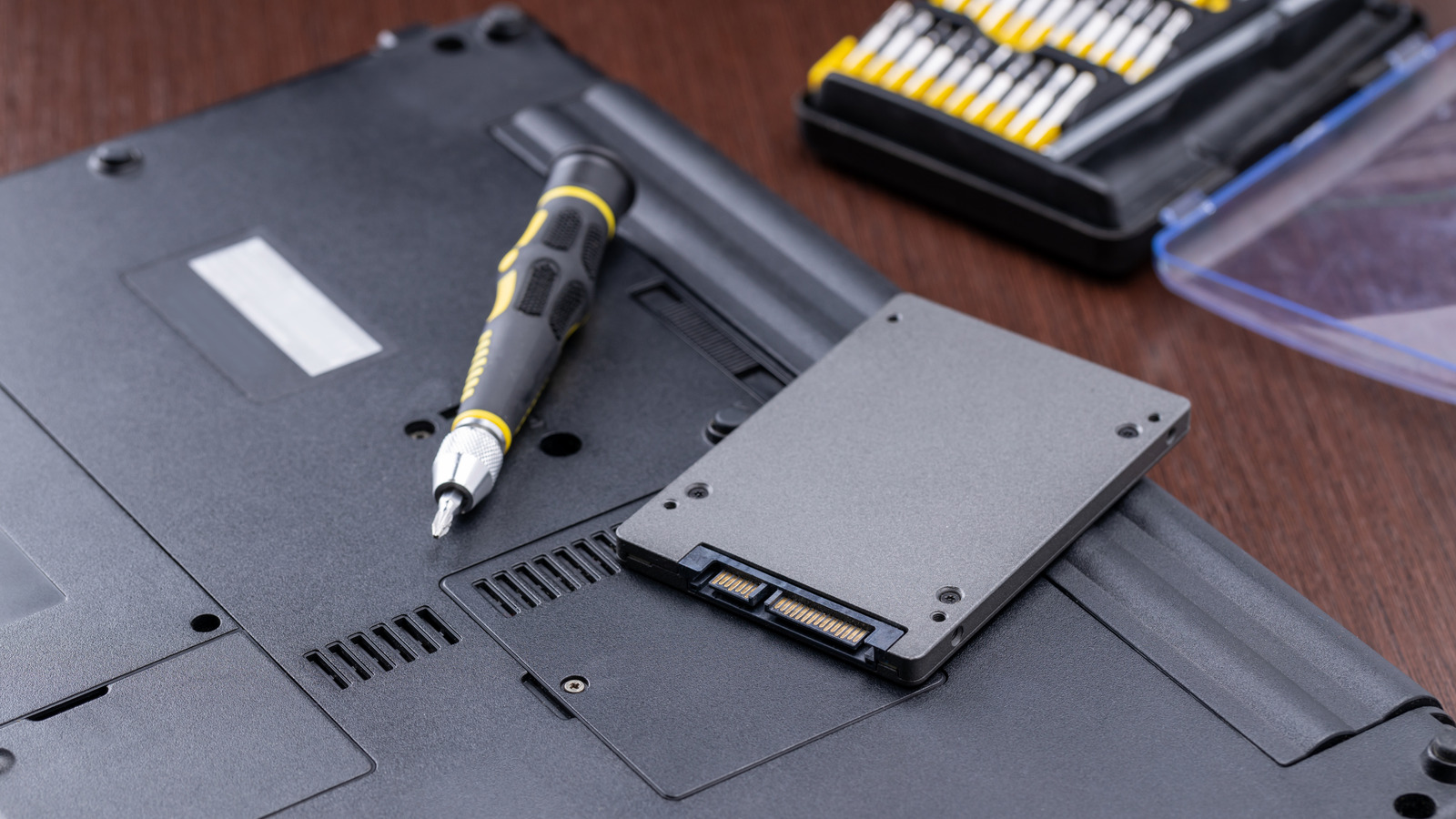










































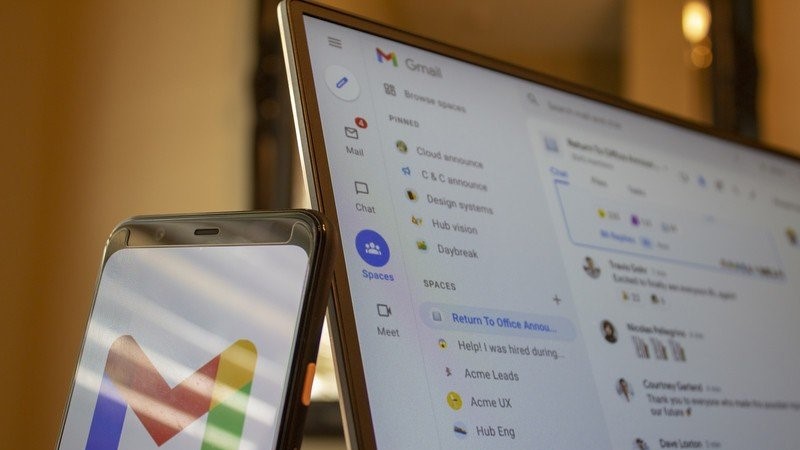

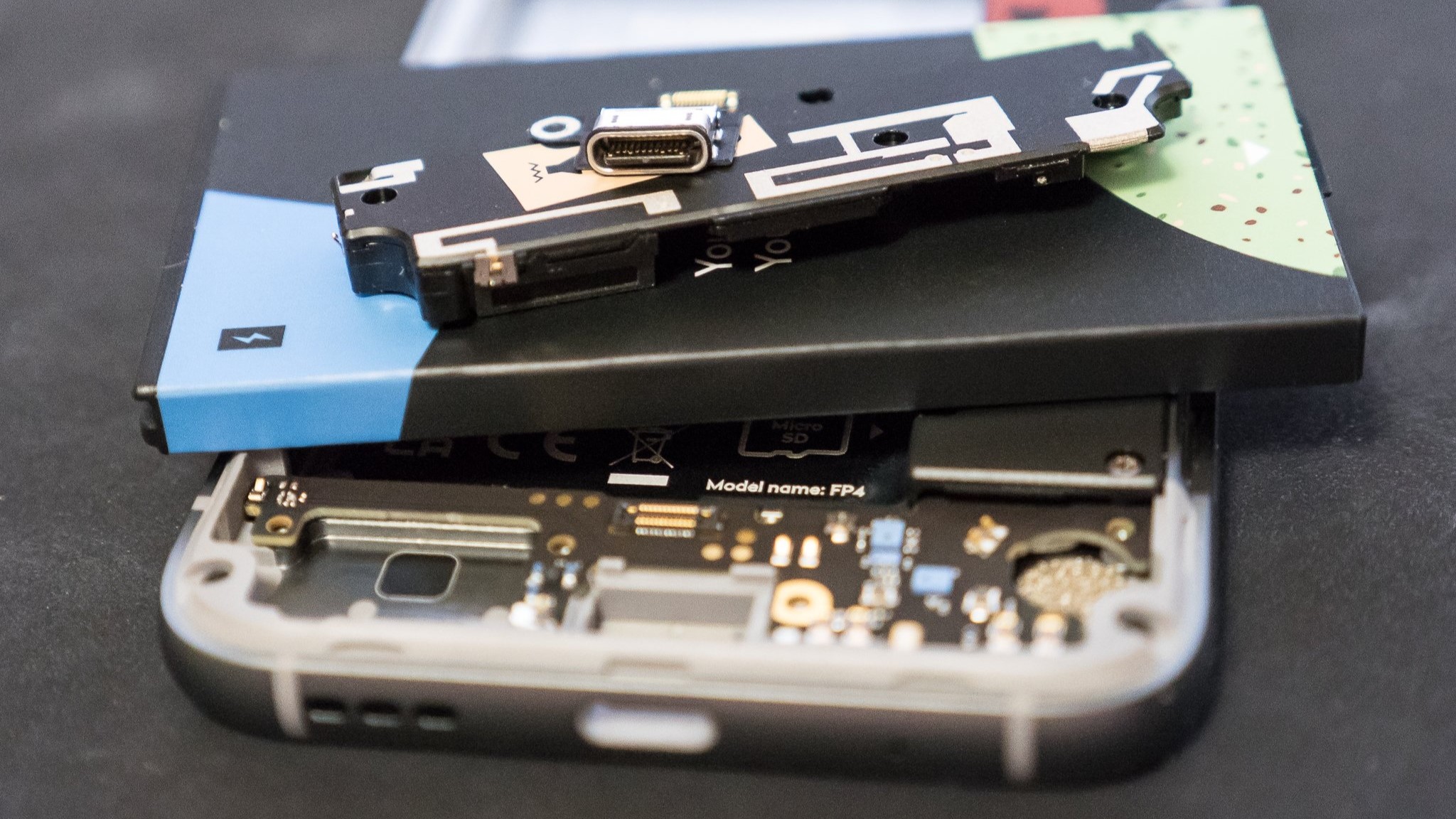







![Nothing Phone (3) has a 50MP ‘periscope’ telephoto lens – here are the first samples [Gallery]](https://i0.wp.com/9to5google.com/wp-content/uploads/sites/4/2025/06/nothing-phone-3-telephoto.jpg?resize=1200%2C628&quality=82&strip=all&ssl=1)












































